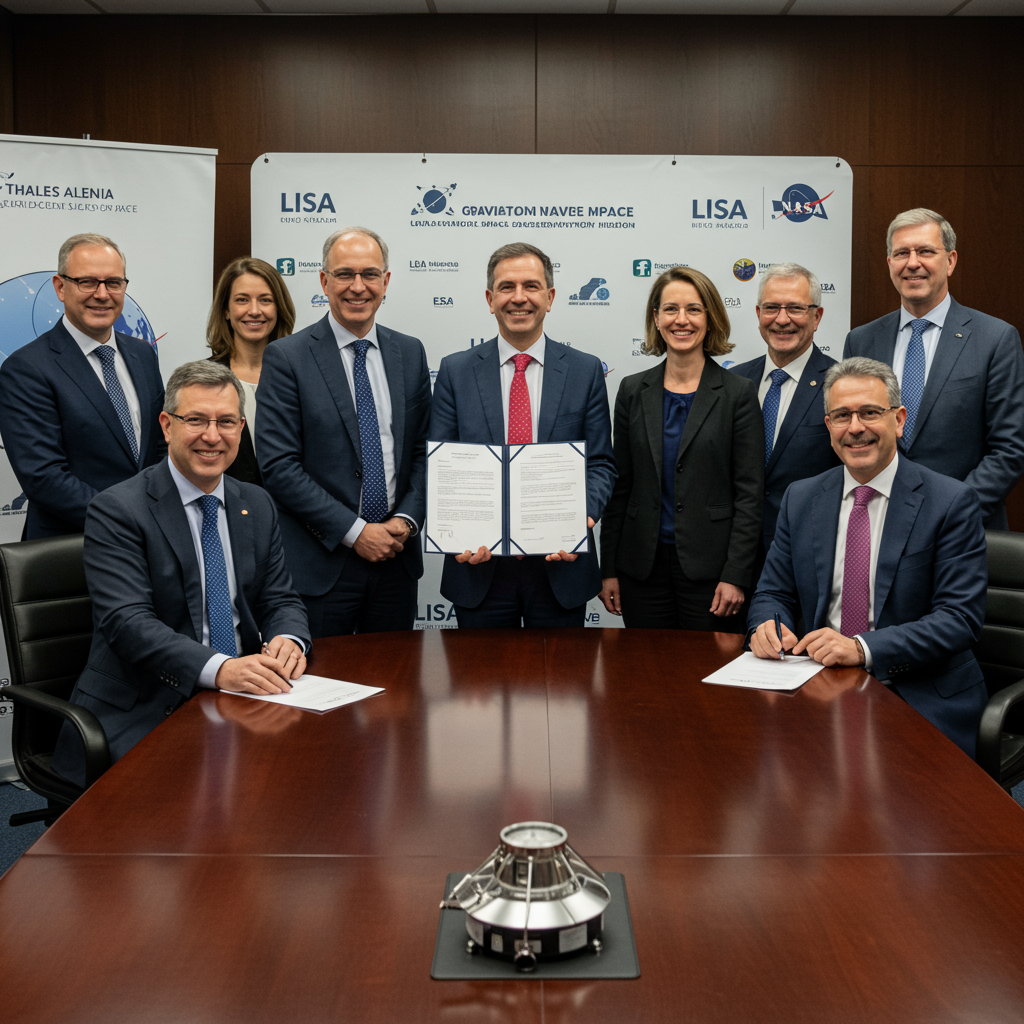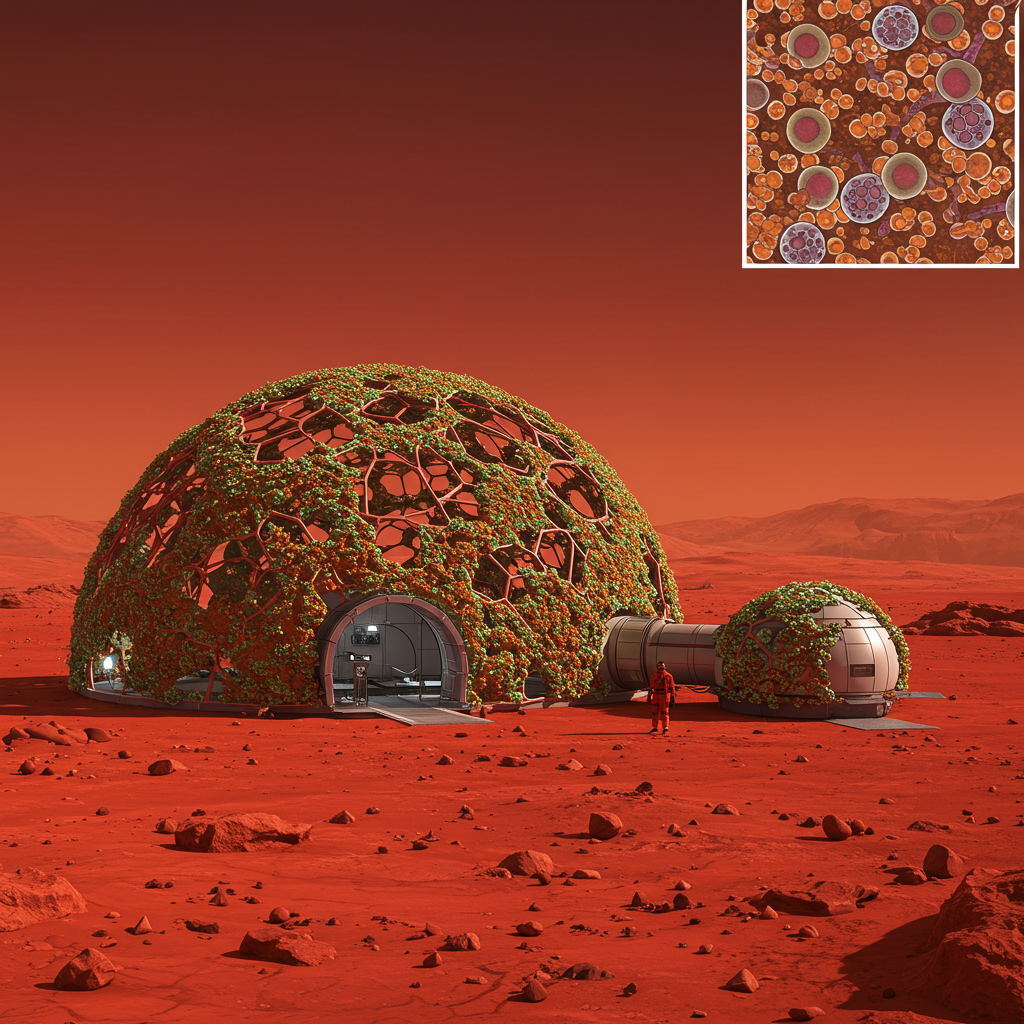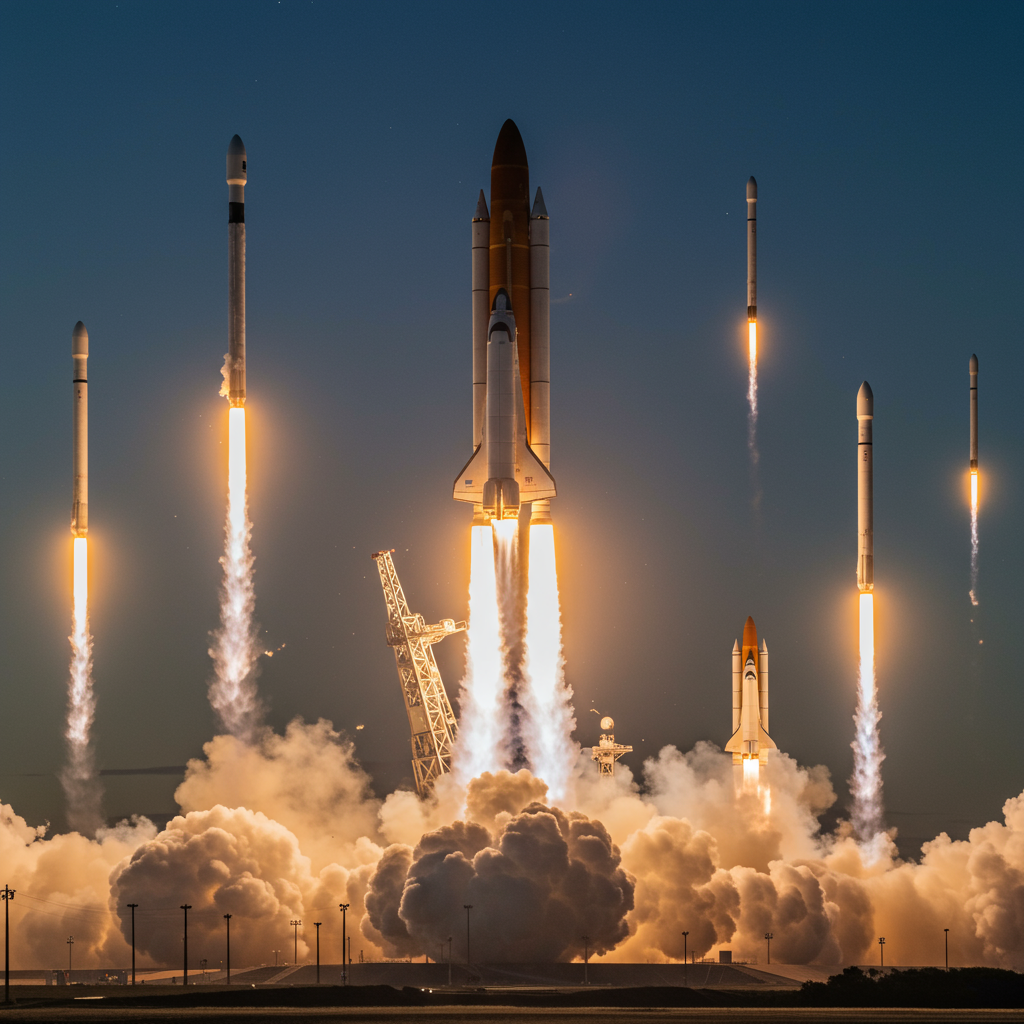Thales Alenia Space has secured a significant contract valued at €263 million with prime contractor OHB System AG. This landmark agreement positions Thales Alenia Space as a key provider of critical systems for the European Space Agency’s (ESA) ambitious Laser Interferometer Space Antenna (LISA) mission.
LISA marks a pioneering step in space exploration, set to become the first space-based observatory dedicated to detecting gravitational waves. These elusive ripples in the fabric of space-time, first predicted by Albert Einstein, are generated by some of the most massive and energetic events in the universe, such as the collision of black holes.
Exploring the Universe with Gravitational Waves
Unlike ground-based detectors, the LISA mission will operate with unparalleled sensitivity across a frequency range inaccessible from Earth. This enables scientists to ‘listen’ to gravitational waves emanating from a diverse array of cosmic phenomena, from interacting compact binary stars within our own galaxy to the dramatic mergers of supermassive black holes at the hearts of distant galaxies.
Crucially, LISA promises to expand our understanding of the cosmos, potentially peering back in time to the epochs preceding the formation of the very first stars and galaxies, offering insights into the universe’s earliest moments.
The mission concept involves a constellation of three satellites precisely spaced 2.5 million kilometers apart in a triangular formation, acting as a giant interferometer in space.
Thales Alenia Space’s Critical Contributions
As part of the €263 million contract, Thales Alenia Space will be responsible for developing and supplying several core components vital to the success of the LISA mission. Their expertise will cover:
Avionics Systems: Providing the essential electronic systems needed for spacecraft operation.
Satellite Control Software: Developing the sophisticated software required to manage the satellites’ functions and navigation precisely.
Telecommunications System: Enabling seamless communication between the mission’s spacecraft and ground control.
Drag-Free Attitude Control System (DFACS): A highly critical system designed to counteract minute external forces (like solar pressure or residual atmospheric drag) and maintain the satellites in an exceptionally stable, drag-free state, which is paramount for the delicate gravitational wave measurements.
Furthermore, Thales Alenia Space is tasked with ensuring the science payload operates within an extraordinarily controlled environment. This involves diligently managing and mitigating the effects of external factors such as electromagnetics and radiation, as well as accounting for the mission’s own self-gravity, all of which could potentially interfere with the detection of faint gravitational wave signals. The company will manage the stringent budgets required to maintain these precise operational conditions.
This contract underscores Thales Alenia Space’s significant role in pushing the boundaries of space science and technology, contributing essential elements to a mission poised to revolutionize our understanding of the universe. Thales Alenia Space is a joint venture between Thales (67%) and Leonardo (33%).




